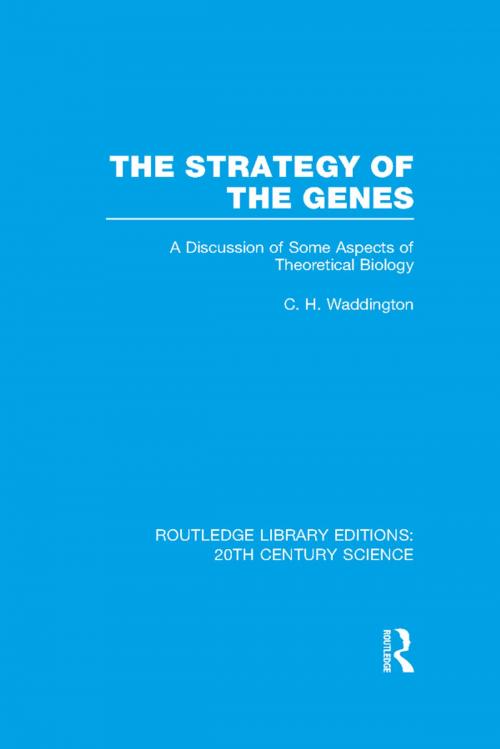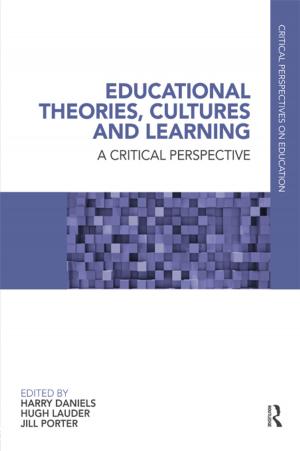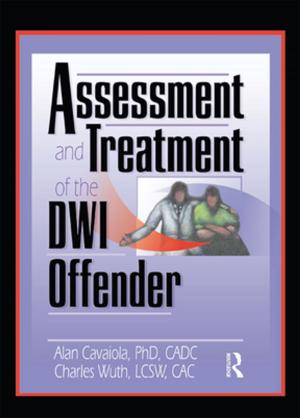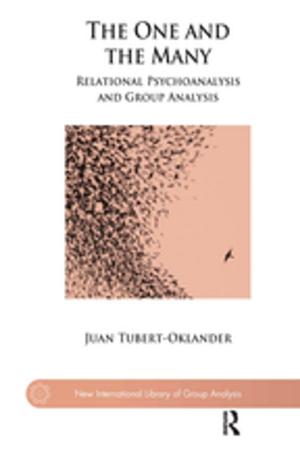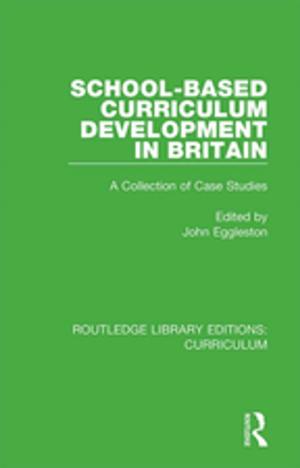The Strategy of the Genes
Nonfiction, Science & Nature, Science, Other Sciences, History, Modern, 20th Century| Author: | C.H. Waddington | ISBN: | 9781317657545 |
| Publisher: | Taylor and Francis | Publication: | April 29, 2014 |
| Imprint: | Routledge | Language: | English |
| Author: | C.H. Waddington |
| ISBN: | 9781317657545 |
| Publisher: | Taylor and Francis |
| Publication: | April 29, 2014 |
| Imprint: | Routledge |
| Language: | English |
First published in 1957, this essential classic work bridged the gap between analytical and theoretical biology, thus setting the insights of the former in a context which more sensitively reflects the ambiguities surrounding many of its core concepts and objectives.
Specifically, these five essays are concerned with some of the major problems of classical biology: the precise character of biological organisation, the processes which generate it, and the specifics of evolution. With regard to these issues, some thinkers suggest that biological organisms are not merely distinguishable from inanimate ‘things’ in terms of complexity, but are in fact radically different qualitatively: they exemplify some constitutive principle which is not elsewhere manifested.
It is the desire to bring such ideas into conformity with our understanding of analytical biology which unifies these essays. They explore the contours of a conceptual framework sufficiently wide to embrace all aspects of living systems.
First published in 1957, this essential classic work bridged the gap between analytical and theoretical biology, thus setting the insights of the former in a context which more sensitively reflects the ambiguities surrounding many of its core concepts and objectives.
Specifically, these five essays are concerned with some of the major problems of classical biology: the precise character of biological organisation, the processes which generate it, and the specifics of evolution. With regard to these issues, some thinkers suggest that biological organisms are not merely distinguishable from inanimate ‘things’ in terms of complexity, but are in fact radically different qualitatively: they exemplify some constitutive principle which is not elsewhere manifested.
It is the desire to bring such ideas into conformity with our understanding of analytical biology which unifies these essays. They explore the contours of a conceptual framework sufficiently wide to embrace all aspects of living systems.
